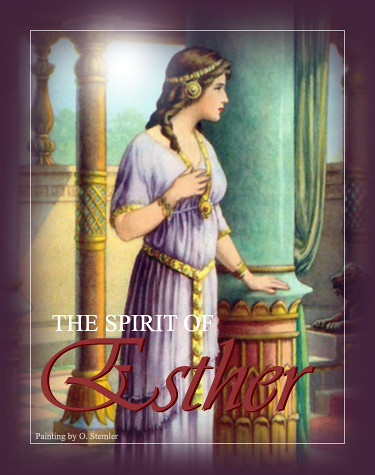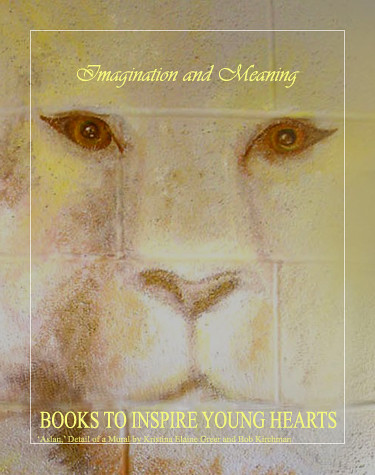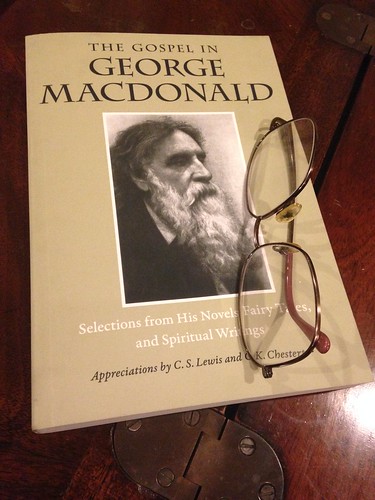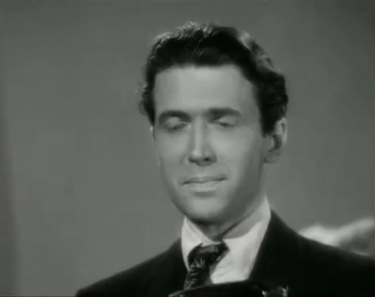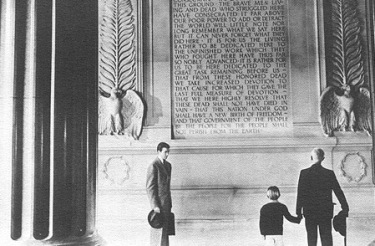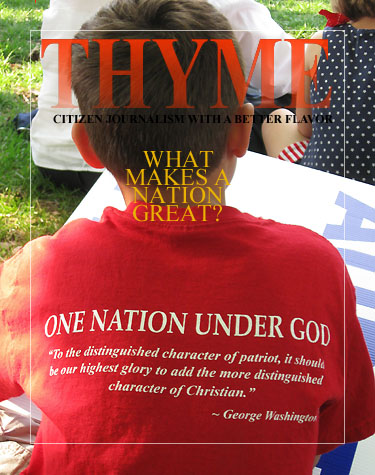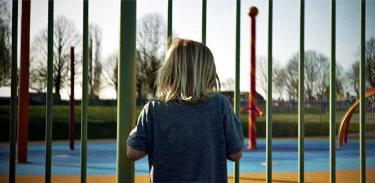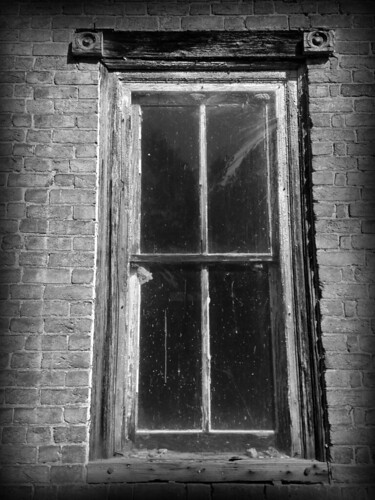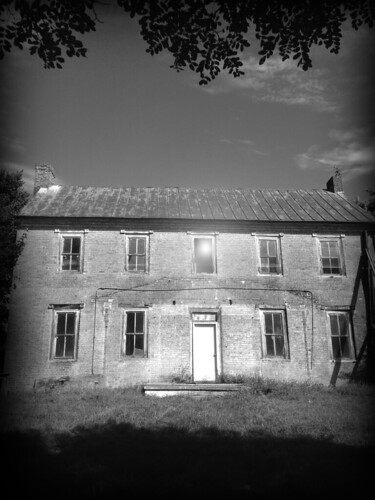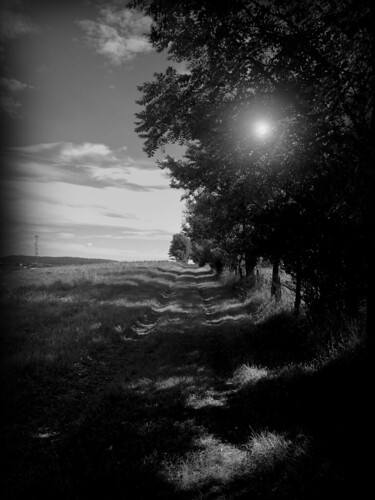
Volume XIV, Issue V
Josiah
By Bob Kirchman
Copyright © 2018, The Kirchman Studio, all rights reserved
Chapter 5: In Fact It's Cold as Hell
In the darkness of the bunker, Allison and Josiah suspected something terrible had been attempted and thwarted. They now prepared to die. The bunker, however, had been provided with ample oxygen for more crew members than it now held and the two settled in to a routine as they waited for the radiation levels outside to subside. Then they donned pressure suits and pushed open the hatchway. Digging through the rubble they eventually emerged on the cratered surface. That night they watched the Great Northern arc across the Martian sky. “Tomorrow we’ll try to create an’S.O.S.’” Allison said. That night was the last time they saw Great Northern pass overhead.
Allison and Josiah looked hard at the suicide pills. There was a problem, however, as they would have to get into a pressurized space to remove their helmets and take them. Removing the helmets, they correctly surmised, would lead to a painful death if they did it in the rarified Martian atmosphere. The pathway back into the bunker was very unstable. “Let’s see if any greenhouses have survived past the ridge.” Josiah said as they began the long walk out. There might be a place where they could go in, remove the helmets and take the pills. Then they could sit in the gardens as their lives ebbed away.
They walked for most of a day. “I wonder what happened to the tractor?” Allison thought to herself as they trudged on.
Threading through a small crevasse in the ridge, they saw the tractor. A pressurized personnel trailer was attached to it and it sat parked at the airdock of the closest greenhouse. The greenhouses sheltered by the ridge had indeed survived and likely there would be others there. The helmet radios were short range by design so they would have to enter the airlock to find out. They proceeded to do so and soon stepped into a biosphere garden, lush with all forms of edible plant life.
The greenhouses were large, with pathways laid out in a grid and graveled so as not to become mud in the constant irrigation. Up ahead, Allison spotted a maintenance barn and the two colonists decided to investigate. Josiah cautiously opened the door. As his eyes adjusted to the light, he saw signs of encampment. Bedding and personal spaces seemed to have been established inside. “Hello,” he stammered. “Anybody home?” There was only silence. He and Allison stared at the makeshift living quarters for a long time. Had the survivors actually lived on? Were they able to avoid the radiation and somehow make a way for themselves?
Josiah and Allison stepped outside into the bright Martian sunlight filtering into the biosphere and made a meal of the vegetables growing in raised beds near the barn. The graveled paths did not yield clear or fresh clues as to movement within the biosphere so the two marked the position of the barn and set out in a likely direction.
(to be continued)
Building for Future Generations

Townhouses. Architect Heidi Schweizer, Painting by Bob Kirchman.
Sorting through some old renderings in the archives, I came across a little painting of some townhouses I had done for architect Heidi Schweizer. They had been built near Lexington in Rockbridge County. I had forgotten about them. Looking at the painting, something seemed familiar. Finally it came to me – I had played with my granddaughter in one of those upstairs rooms with the double windows, for that was her room in the townhouse her family briefly occupied when they returned to Virginia from South Carolina.
Little did I know, I was participating in helping to create the home they would occupy one day! At the time I had little children of my own. I simply couldn’t see that far into the future. I was also involved in the renderings for the initial concept of the Virginia Horse Center – a favorite place for my granddaughter as well! Building for the future! The prophet Jeremiah understood it, even in the dark days of exile. He exhorted the exiles: “Thus saith the LORD of hosts, the God of Israel, unto all that are carried away captives, whom I have caused to be carried away from Jerusalem unto Babylon; Build ye houses, and dwell in them; and plant gardens, and eat the fruit of them; Take ye wives, and beget sons and daughters; and take wives for your sons, and give your daughters to husbands, that they may bear sons and daughters; that ye may be increased there, and not diminished. And seek the peace of the city whither I have caused you to be carried away captives, and pray unto the LORD for it: for in the peace thereof shall ye have peace.” – Jeremiah 29:4-7
Building for the future might seem intuitive and yet in Israel’s darkest moment it was necessary to remind the people. In times of trouble it is easy to forget. Add to that the fact that many people today simply do not have children. One criticism often leveled at German Chancellor Angela Merkel is that having no children herself, she is not concerned that runaway immigration is changing the country rapidly. This is not a criticism of immigration, it is a criticism of failing to protect the unique qualities that make a nation people seek to come to. Merkel, while presiding over an expanding economy is simply not seen as adequately protecting and preserving her country’s unique culture. If I were a parent there, I would want that, most of all, to be there for generations to come.
Likewise, it seems that some people in the American Evangelical community, while lamenting the state of American young people are busy railing against the problem – but are we actively building a future for our youth? We are quick to point out how terrible things are, but are we offering creative investment in solutions? Our missionaries understand. They dig clean wells and invest in the future of those they seek to reach for Eternity. Then they build upon that work an Eternal Kingdom! For our own children, I would say that giving them the gift of a Jeremiah 29 vision is an investment, not only in the future of our world, but in the next as well.
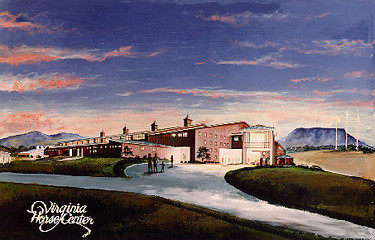
Virginia Horse Center, Anderson Arena.
Charles Wilkerson, Architect, Painting by Bob Kirchman.
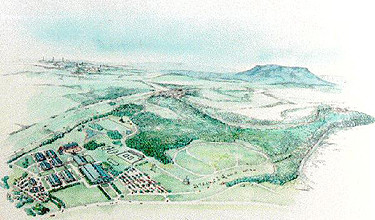
Virginia Horse Center Master Plan.
Michael Leary and Associates, Painting by Bob Kirchman.
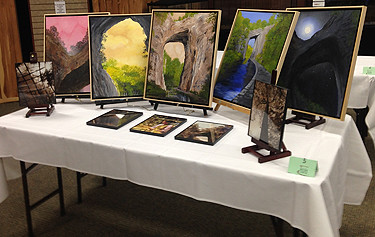
Display of Paintings and Photography by Bob Kirchman at Natural Bridge in Rockbridge County, Virginia. The works celebrate the Monacan heritage of the region surrounding MOHOMONY, as the Monacans called the Natural Bridge. The name means“The Bridge of God.”
The State of the Church Today
By Tony Perkins
[click to read]
Liberals have stuck to a pretty consistent strategy in dealing with American Christianity: If you repeat something often enough, people will start to believe it. With the media's help, they set out to convince the country that evangelicals were dying on the political vine. But, as so often happens, they were proven wrong on the biggest of stages when, in 2016, the church's "withering" influence proved to be anything but. (read more)

U.S. Christianity is Not Shrinking
Harvard Study Says Otherwise, Glenn T. Stanton
[click to read]
Is churchgoing and religious adherence really in ‘widespread decline’ so much so that conservative believers should suffer ‘growing anxiety’? Absolutely not. (read more)
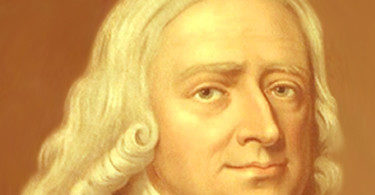
John Wesley.
God is Not Dead
Neither is His Church
I AM not afraid, that the people called Methodists, should ever cease to exist either in Europe or America. But I am afraid, lest they should only exist as a dead sect, having the form of religion without the power. And this undoubtedly will be the case, unless they hold fast both the doctrine, spirit, and discipline with which they first set out.” – John Wesley
The Harvard study referenced above notes that Christianity is not in decline, rather in transition. They note that researchers were quick to note the decline in attendance in traditional churches without seeing that Faith has actually remained strong in the church as a whole. Also missed, I believe, is the strength of ‘Confessing Movements’ in these churches. The Confessing Movement, in a nutshell, is “is a lay-led conservative Christian movement that opposes the influence of liberalism and progressivism within several mainline Protestant denominations and seeks to return them to its view of orthodox doctrine. It overlaps with other conservative Christian movements including Evangelicalism, Pentecostalism, Holiness, and Fundamentalist Christianity. Its members have stated their commitment to work to change their home denominations from within rather than establishing new ones, even if they are unable to regain full control. The Confessing movement places particular weight on the role of evangelism and traditional doctrine concerning the deity of Christ and holds conservative views on sexuality, especially homosexuality.” [1.]
The Confessing Church (also translated Confessional Church) (German: Bekennende Kirche) has its roots in the Christian resistance to the National Socialists and their takeover of German churches to create a ‘pro-Nazi’ state church (if not in the Reformation itself). Today’s Confessing church sees an imposition of secular culture’s views in defiance of Scriptural teaching. Be it the government or the academy, today’s Confessing Church fears what Wesley feared—that the church will indeed become a ‘form without its God-given function!’ Historically this is not new. In recent times the Episcopal Church in our country struggled with this and the Confessing congregations were often evicted from the buildings they had paid for. This because the central denomination held title.
These congregations in many cases put themselves under the umbrella of African leadership, but the statistician will simply see that the church building once full is now not. In the Mennonite Church, as the overall conference pushes ‘social’ issues such as the ordination of homosexual ministers, some local churches have changed affiliation. Others have voted to become independent. Again, statistics show a decline were story points to a desire for reformation (meaning a return to robust adherence to the teaching of Scripture).
Hopefully further study will take this into account and present the true picture of the church today—far from moribund, reaching for its Spiritual roots!
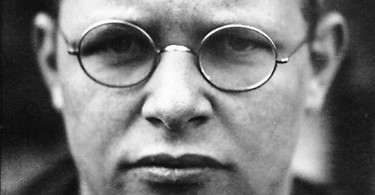
Dietrich Bonhoeffer.
This Sign Could Save Your Life

Every day most of us cross railroad grade crossings without thinking much of it. If our regular travel time does not coincide with a scheduled train, we may never see one. But trains are not always on a particular schedule. An off-schedule freight delivery could easily surprise you. Still, there is a safety feature at each crossing most of us don’t even notice – but we should. The blue sign with a phone number and the unique number of that particular crossing is very important should a vehicle get stuck on the tracks or any problem occur on the crossing. If there is a problem at that particular crossing, CALL THE NUMBER ON THE BLUE SIGN. You will reach a dispatcher with the railroad that operates that particular section of track. Give them the crossing number and tell them the problem. The dispatcher can shut down traffic on that particular section until the problem is resolved.
The movies usually get this wrong. If your car gets stuck on the tracks, the first thing you should do is look to see if a train is already approaching. Remember that trains require a very long distance to stop. Get yourself, and everyone else out of the car and proceed on foot VERY RAPIDLY 45 degrees from the direction the train is coming from. Run if the way is clear. A train can throw an obstruction for a great distance and 45 degrees from the oncoming train is the safest place to go.

If no train is coming, evacuate the car and then call the number on the blue sign. The sign may be on a pole at the crossing or on a switch box for the crossing. Call BEFORE you start trying to rock the car off the crossing or have a tow truck remove it. Make sure the dispatcher has stopped traffic before proceeding.
Should you get ‘caught’ by a closing crossing arm on the tracks, you should drive right through the arm if you can’t go around it. The arms are designed to break away in an emergency like that.
Every year many people are killed needlessly at grade crossings and engineers carry the sorrow for a long time. Knowing what to do in an emergency is a great kindness to them.
Loving Vincent
A Film Hand-Painted Frame by Frame
Why Beauty Matters
[click to read]
It all started with a very nice request from the White House. They asked the Guggenheim Museum in New York if they could have on loan Vincent Van Gogh’s “Landscape with Snow.” It was a request like the president’s house had made many times before and a request gladly honored by many a curator. (read more)
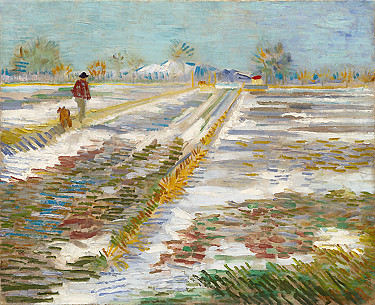
Landscape with Snow, Vincent Van Gogh, 1888
Masters of 'Imagineering' III
